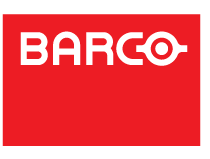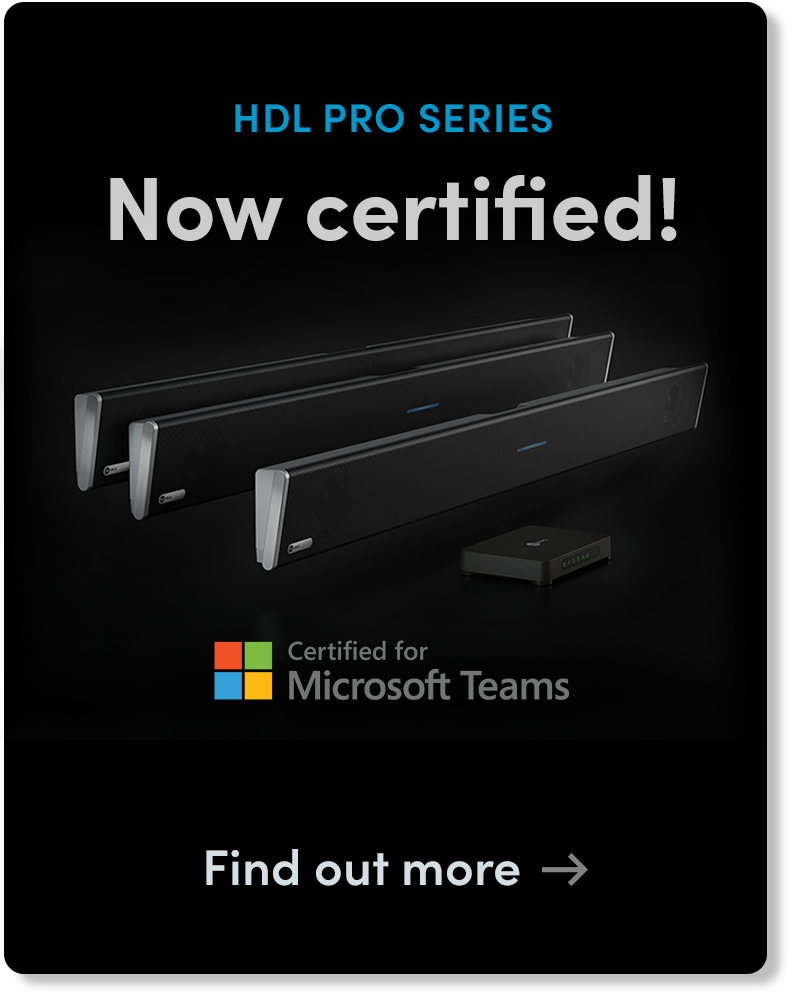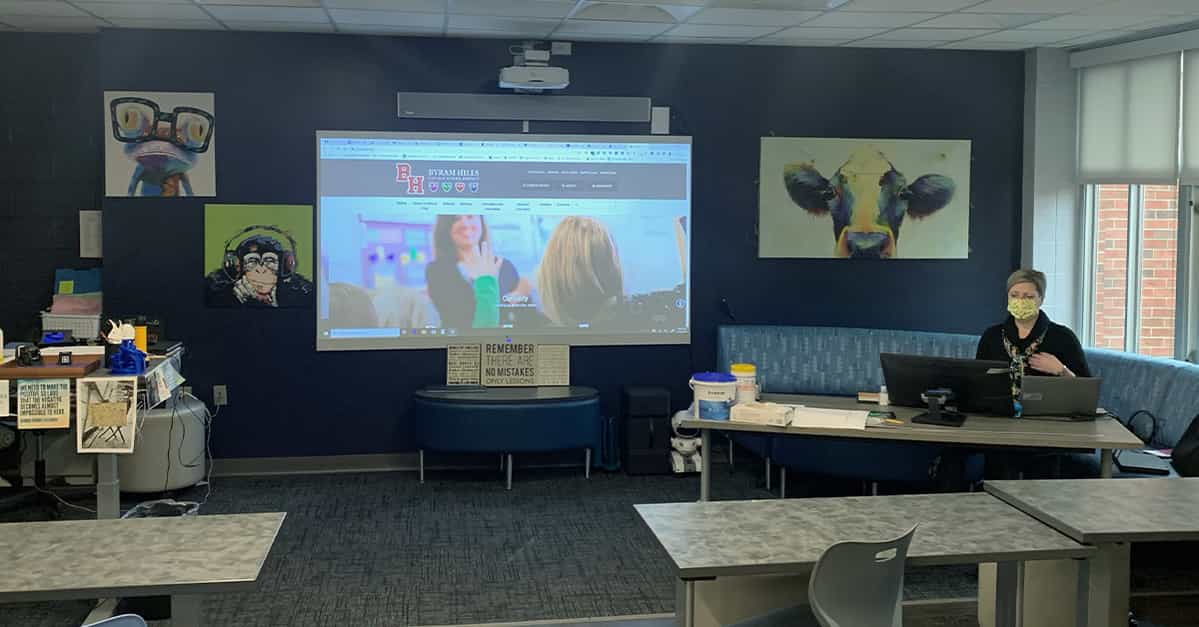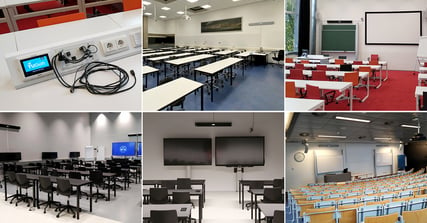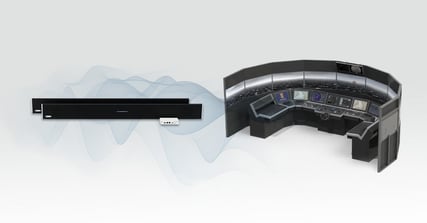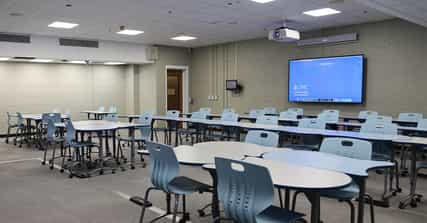They say it takes a village to raise a child. So, it shouldn’t be surprising that it sometimes takes a team to educate one – especially when a child is facing learning challenges.
But often – especially in the case of rural schools – the right team of experts aren’t all located at one school. That makes collaboration difficult. Teachers can be left without the insights, advice and support that could make a difference for a student.
She needed a team
That was the case for Gracie Wiberg, a fourth-grade teacher in Columbia, Missouri. Her student, Jonathon (not his real name), was experiencing a lack of growth in reading from K to 4, even though, as Gracie puts it, “He is a sweet learner who always puts in 100% effort.” Gracie wanted feedback on the intervention she had attempted and evidence-based guidance on some new ones. She needed a team to collaborate with.
And she found one – a multidisciplinary team of experts – who all met on a conference call to discuss her case. How did this team come together? The answer is Project ECHO.
Project ECHO
Project ECHO was originally designed at the University of New Mexico school of medicine as a hub-and-spoke knowledge-sharing network. It was led by expert teams who used multipoint audio conferencing to conduct virtual medical clinics with remote providers. Hearing about the success of the model in medicine, Dr. Erica Lembke and Dr. Matt Burns of the University of Missouri (MU) spearheaded a version of Project ECHO for teachers.
Dispersed across multiple locations and connecting via audio conferencing, the MU Project ECHO team includes Erica, Matt, an administrator, a coach, a special ed teacher, 2-3 additional teachers and a special ed director. Their Project ECHO calls may include as many as 40 people participating or just listening in. The calls are conducted for an hour once a week to consider a single case. “The teacher or school team presents their case to the group,” explains Dr. Lembke. “Then our team of experts can provide insights and follow up with resources.”
Collaborating to provide insights and resources
Through her Project ECHO session, Gracie got the help she needed. “Many people on the call had insights and asked great questions. We learned about a new intervention that could help Jonathon’s reading and writing. Shortly after, a Project ECHO team member came to our school and provided resources and some training about a resource developed at MU that could help our readers here.”
The MU Project ECHO has helped dozens of teachers – and their students, of course – since its inception in 2018. Chelsey Hagedorn, a Columbia reading specialist and teacher, also praises Project ECHO. In her session, she was glad the intervention she had in place for a student was affirmed, and the Project ECHO team also recommended a new writing intervention.
Technology matters
Dr. Lembke emphasizes the importance of technology to the success of Project ECHO. “When you audio conference to so many sites, you worry that audio might be compromised –- you worry about lag and clarity.” Indeed, her team tried several audio conferencing systems that weren’t up to the task. Then they found their solution with the Nureva® HDL300 audio conferencing system. “There was an immediate, distinct difference. Suddenly we had no trouble at all with the audio – which is awesome.”
The founding Project ECHO at the University of New Mexico’s school of medicine, which aids rural caregivers in the treatment of conditions such as hepatitis C, HIV, tuberculosis, chronic pain and many others, also uses an HDL300 for sessions in a large meeting space. Systems analyst Frank Roybal, at the school’s Health Sciences Center, says they chose the HDL300 because it allowed them to change the configuration of their room – from classroom to boardroom to small groups and more. “The other systems we tried didn’t allow us to be flexible. But the HDL300 fulfilled our need, and we have recommended it to other partners at the university.”
Global reach
One of the great promises of modern technology has been to bring people together– individuals and groups – over long distances to collaborate and solve problems. Project ECHO, which operates more than 220 hubs in 31 countries, is an example of that promise being fulfilled. And it’s changing – and even saving – lives.
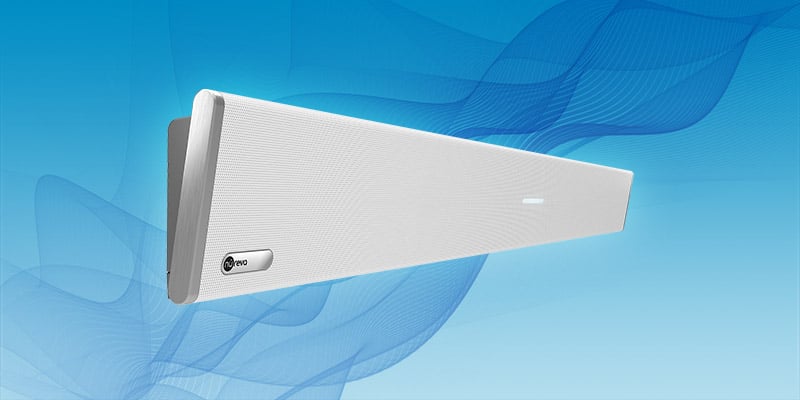
Simplify your audio
Nureva has simplified everything about audio for hybrid meetings. Installation is an easy job you can do in under 60 minutes. You get true full-room coverage without the cost and hassles of multicomponent systems. And you can manage Nureva audio from anywhere.
Posted on May 16, 2019 8:38:23 AM








